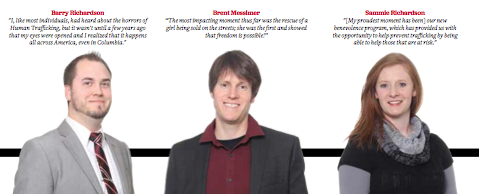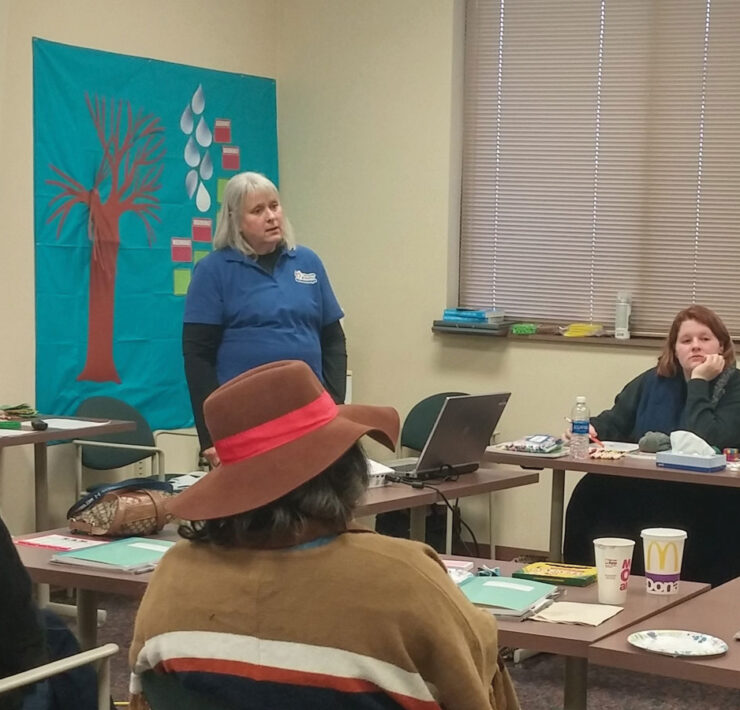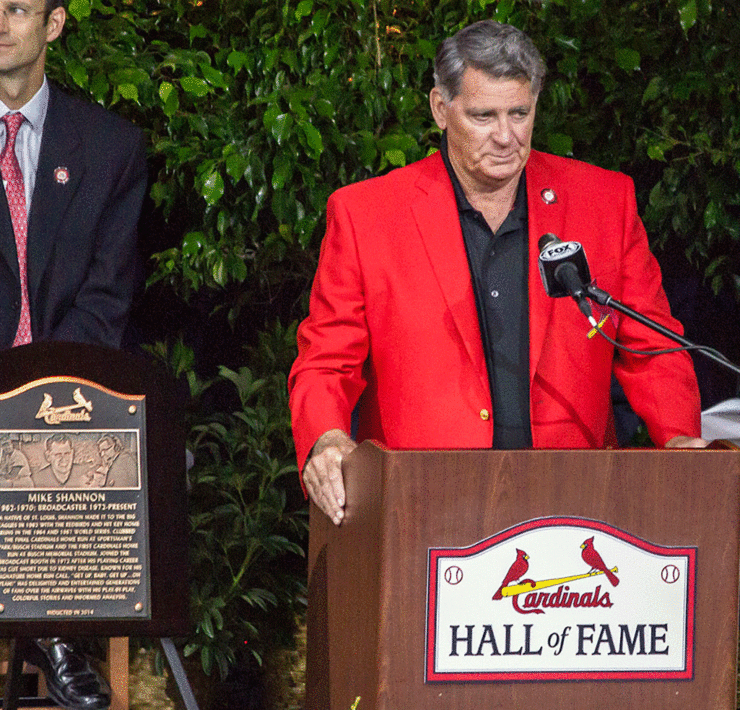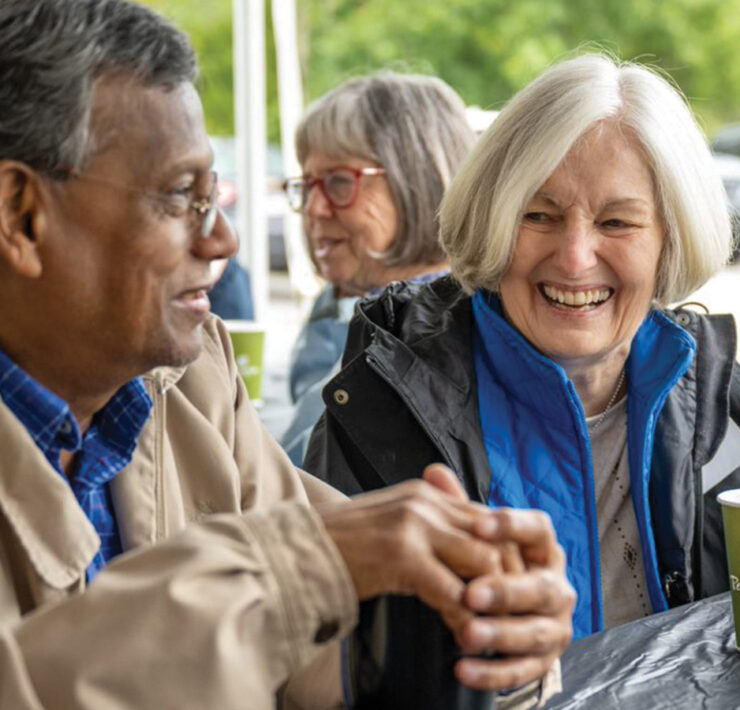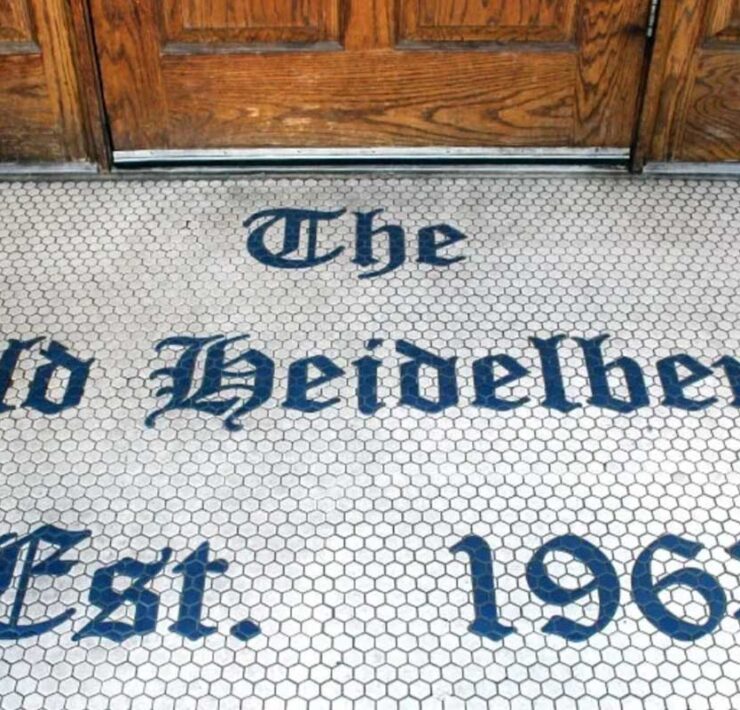Rescue Innocence strives to end human trafficking
Human trafficking has the guise of a Third World problem, concentrated only in poverty-stricken countries where freedom is easily compromised, but organizations across the globe are working to show the issue isn’t just prevalent overseas. Locally, the nonprofit Rescue Innocence, officially operating since May 2012, strives to raise awareness and promote prevention of human trafficking across the country — and right in our backyards.
Brent Messimer, president of Rescue Innocence, first had his eyes opened to the topic while visiting his native South Africa during college. After witnessing people being bought and sold on city streets, he worked with South Africa’s Salvation Army to rescue victims from abuse. He brought what he learned back to the States and vowed to educate others. Messimer formally founded the organization in 2012 and has since worked with other volunteers to “reach out to those who are trapped,” he says.
Innocence gone
Human trafficking is easy to define but can be difficult to label. According to the National Center for Victims of Crime, human trafficking is “the illegal trading of human beings for commercial sexual exploitation or forced labor.” It is estimated that 800,000 people are trafficked each year worldwide, and 50 percent of those trafficked in the United States are children, according to a 2012 U.S. Department of Justice statistic report. Many traffickers hide behind the veil of “prostitution,” when traffickers are often seeking out the vulnerable and breaking their will as they integrate them into the exploitative human trade, Messimer says. “When these girls are taken, they don’t just all of a sudden become willful sex slaves,” he says. “They really are beaten, they are starved, and they are raped over and over again. The fight is taken out of them over time to the point where the girl who was taken, her innocence is gone.”
Rescue Innocence is locally based but branches out to wherever the need to raise awareness leads it. The Christian, volunteer-based organization’s goal is to educate society by speaking at camps and conventions, attending retreats and hosting events to raise awareness of trafficking. The process can be small, such as encouraging others to research the topic and use word of mouth to educate, or large, such as safely directing a local trafficking victim to a safe house where he or she can receive full-time care, as the organization did earlier this year.
Once those hearing the statistics get over the shock factor, many appreciate the information or want to get involved in fighting its presence in everyday society. According to Messimer, the strip of IghwayInterstate-70 running between St. Louis and Kansas City is a hotspot for trafficking because of the prevalence of strip clubs, truck stops and hotels, which draw traffickers to market the victims for commercial sex. “The FBI estimates that over 17,000 Americans are trafficked every year,” he says. “And to think that we are not a part of that statistic is wishful thinking.”
One success at a time
Although still a budding organization in many ways, Rescue Innocence backs its long-term goals with a powerful punch of optimism and hope that by creating a greater understanding of human trafficking and turning one victim into a success story at a time, its difference will be felt. In the coming months and years, Messimer says Rescue Innocence plans to establish a safe house for victims where they can safely rebuild their lives and, hopefully, heal. The safe house would be at an undisclosed location and would provide long-term stability for trafficking victims looking for a healthy road to recovery.
Help is always needed, and the more mouths spreading the word the better.
By creating advocates in listeners, Messimer says hopes Rescue Innocence can instill a passion to help educate and lead those vulnerable to being trafficked to make smart decisions. Those wanting to get involved or to find out more information on donating food, clothing, time and energy or setting up a presentation can visit the organization’s website or visit its office in the Christian Campus House on the University of Missouri campus. But sharing the story of this modern-day slavery is key to being a part of the solution.
“We want to make a huge impact,” Messimer says. “But it is one step at a time.”



